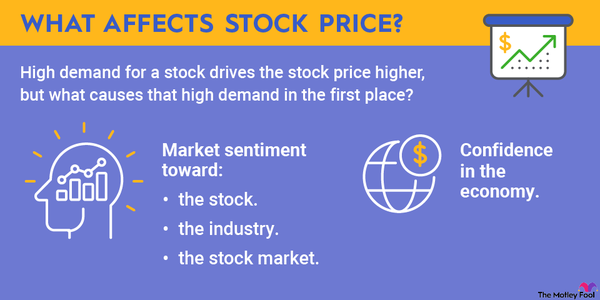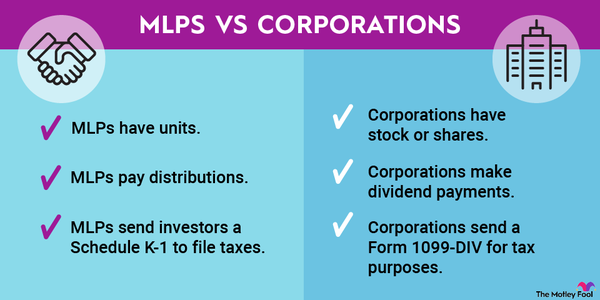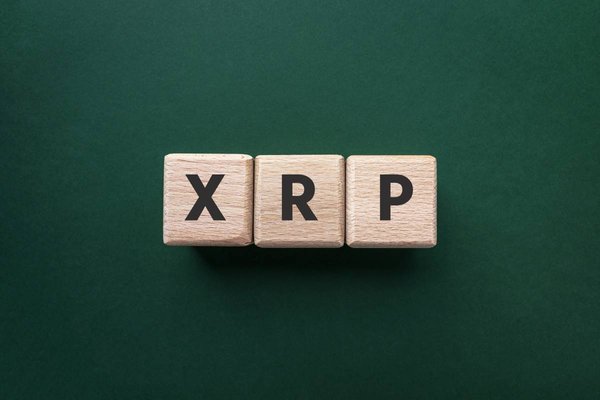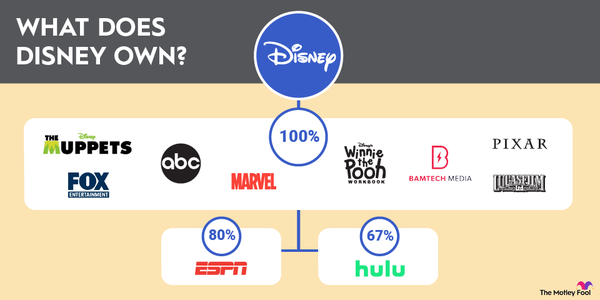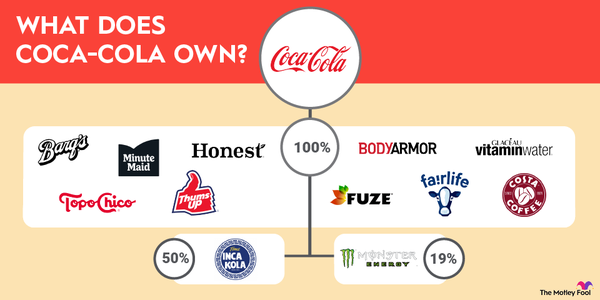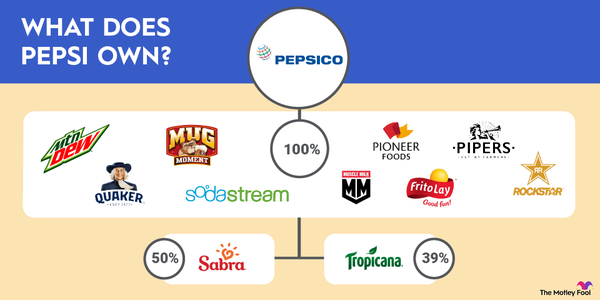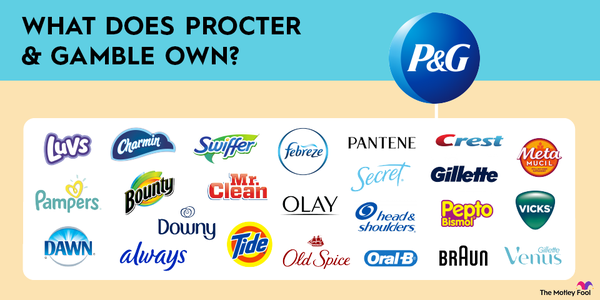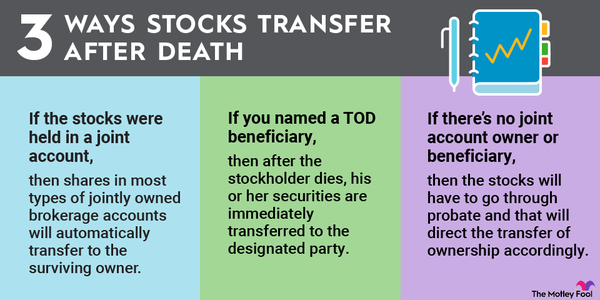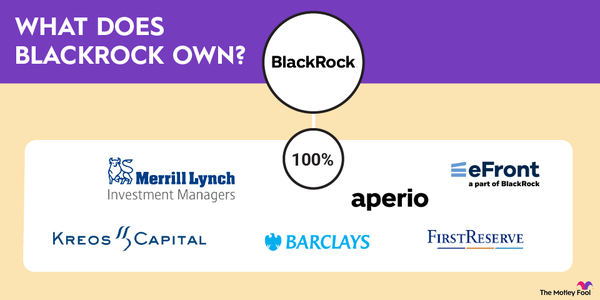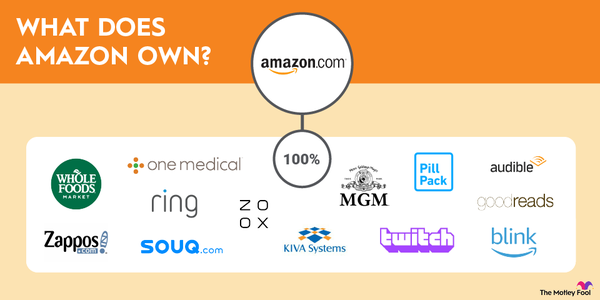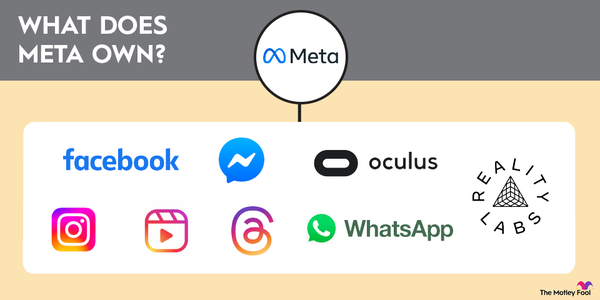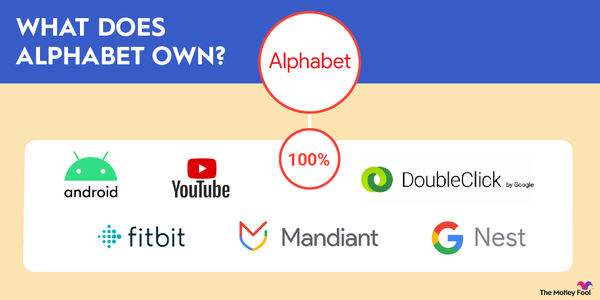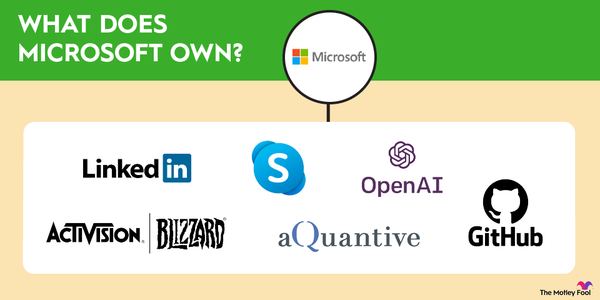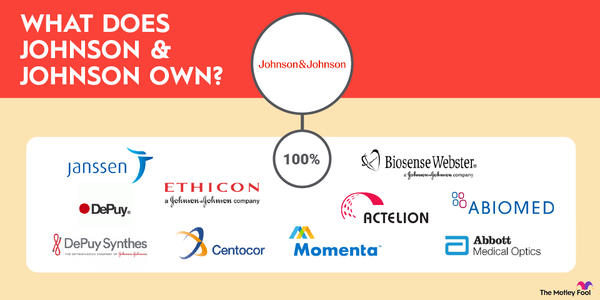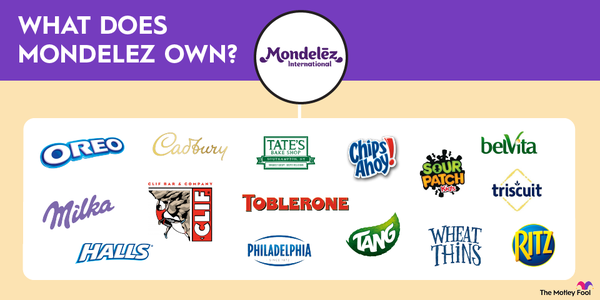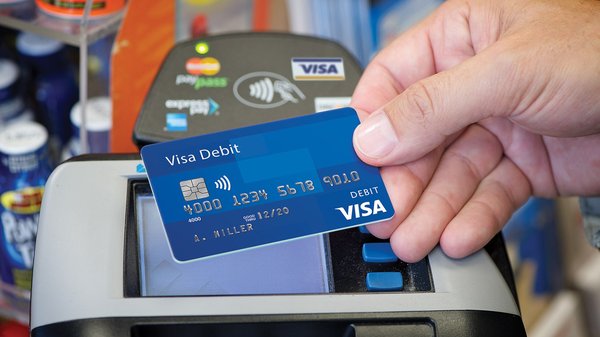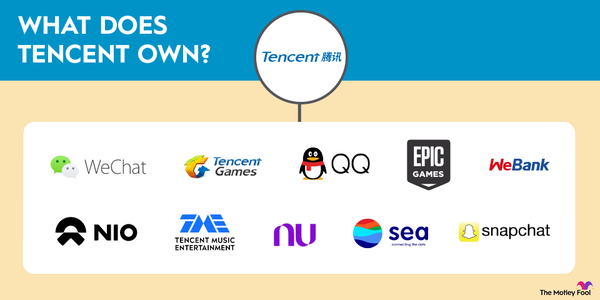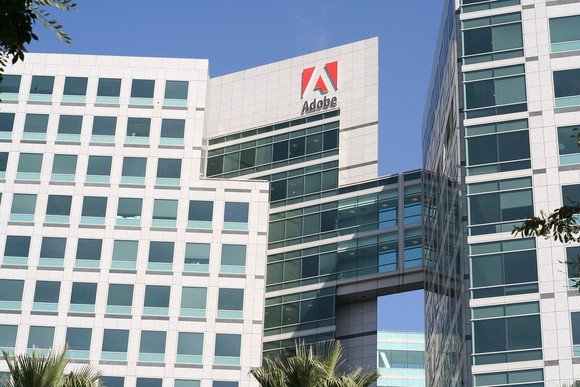Knowing who owns YouTube is becoming ever more important as the video-sharing platform continues to attract a massive number of eyeballs, especially compared to traditional media. It hosts an eclectic array of content, from educational tutorials to personal vlogs curated by influencers. YouTube is known as the go-to video platform for both short and long-term video content and is heavily influential on a global scale, from business to politics.
Overview
Who is the owner of YouTube?
YouTube is owned by Google, which acquired the platform in November 2006, for $1.65 billion. Google itself is a subsidiary of Alphabet (GOOG 1.72%) (GOOGL 1.54%), a publicly traded company established in 2015 as the result of a major corporate restructuring with the goal of making Google's operations more streamlined and efficient.
YouTube traces its origin back to a trio of individuals who worked at PayPal (PYPL 0.4%): Steve Chen, Chad Hurley, and Jawed Karim. Inspired by an unfruitful search for a video clip, the trio had a eureka moment that inspired them to construct the foundation of what would become YouTube.
Corporate structure
YouTube and Alphabet's corporate structure
When YouTube was originally acquired in 2006, Google itself was a publicly traded company under the same ticker that's used by Alphabet today for its Class A shares, GOOGL. As Google continued to expand and diversify its business away from just Google Search, it underwent a major corporate restructuring in which Alphabet became the publicly listed parent company that now owns Google and several other notable subsidiaries including Deep Mind, Waymo, and Calico.
Alphabet is publicly traded and has three classes of shares:
- Class A (GOOGL): Class A shares are publicly traded and come with voting rights.
- Class B: Class B shares are not publicly traded and are held by founders and insiders. Class B shares also have 10 times the voting power of Class A shares.
- Class C (GOOG): Class C shares are also publicly traded but do not have any voting rights.
Both Class A and Class C shares are publicly available and traded on stock exchanges, allowing investors to purchase them. However, because Class C shares lack voting rights, they might trade at a slight discount compared to Class A shares, though this price difference is generally quite small.
Largest shareholders
Largest shareholders of YouTube and Alphabet
In business, it's not so much about who owns most but who controls the most. Google co-founders Sergey Brin and Larry Page have structured things so that their Alphabet B Share stock holdings combined allow them to exert 51.4% voting control of the company. This is a regular setup in tech companies where founders are eager for capital but reluctant to relinquish control. It's very common for both social-media-related stocks as well as streaming-service-related stocks. However, Brin and Page do not sit on the board and thus are only involved in deep structural decisions within the company and not the day-to-day operations and management.
A breakdown of the major shareholders can be found below:
Individual investors
- Larry Page owns 389,051,160 shares of Alphabet, which constitutes a 3.1% stake in the company. Page is one of the co-founders of Google and previously held the position of CEO.
- Sergey Brin holds 363,474,028 shares of Alphabet, representing a 2.9% stake in the company. Brin co-founded Google alongside Larry Page and served as the company's president.
- Eric Schmidt owns 60,994,606 shares, equivalent to a 0.5% stake in Alphabet. Schmidt was Google's CEO from 2001 to 2011 and later served as executive chairman until 2017.
- L. John Doerr possesses 24,290,420 shares of Alphabet, amounting to a 0.2% stake. Doerr is a venture capitalist professionally known for being one of Google's early investors.
- K. Ram Shriram owns 2,080,740 shares, which is a 0.02% stake in Alphabet. Shriram was a founding board member and among the first investors in Google.
Institutional investors
A major portion of Alphabet's Class A and Class C shares held by major institutional investors like Vanguard, BlackRock, and State Street is due to their extensive ETF offerings. ETFs, index funds, and low-fee passive investing have become popular with investors who see them as a way to avoid high fees from managed funds that, in most cases, don't even beat the market. These firms manage ETFs that track major indexes such as the S&P 500 and Nasdaq-100, which include Alphabet as a significant component due to its large market capitalization and influence in the technology sector.
At the end of the day, it's important to realize that although Google's major shareholders are institutional investors, they really represent average everyday retail investors via their ETFs.
- Vanguard Group owns 497,874,324 Class A shares and 411,921,073 Class C shares of Alphabet.
- BlackRock owns 415,895,174 Class A shares and 355,372,388 Class C shares of Alphabet.
- State Street owns 222,759,661 Class A shares and 190,374,731 Class C shares of Alphabet.
- Fidelity owns 226,327,292 Class A shares and 108,558,864 Class C shares of Alphabet.
- Geode Capital Management owns 129,133,020 Class A shares and 102,008,708 Class C shares of Alphabet. Primarily serving as a manager for Fidelity index funds, Geode's holdings in Alphabet represent a significant portion of its managed assets.
Board of directors
Who is on the board of directors for YouTube?
Although Page and Brin have significant voting power in Alphabet, the parent company of YouTube owner Google, they are not on the board of directors due to a decision to step down from day-to-day management in 2019. Google's board of directors is comprised of the following individuals.
| Name | Role | Shareholder % | Board Tenure | Profile | Notable Contributions |
|---|---|---|---|---|---|
| Sundar Pichai | CEO of Alphabet and Google | 0.028% | Since December 2019 | Led key projects like Chrome and Android | Transitioned Google to Alphabet; CEO of both Google and Alphabet |
| John L. Hennessy | Chairman of the board | Not specified | Since April 2004 | Renowned computer scientist | Former president of Stanford University |
| Frances Arnold | Board member | Not specified | Since December 2019 | Expert in directed evolution | Nobel Laureate in Chemistry (2018) |
| John Doerr | Board member | 2.507% | Since May 1999 | Early investor in Google | Partner at Kleiner Perkins |
| Roger W. Ferguson Jr. | Board member | Not specified | Since June 2016 | Expertise in economics and finance | Former vice chairman of the U.S. Federal Reserve |
| Ann Mather | Board member | Not specified | Since November 2005 | Extensive corporate finance experience | Ex-CFO of Pixar; serves on Airbnb and Netflix boards |
| Alan Mulally | Board member | Not specified | Since July 2014 | Leadership in automotive and aerospace industries | Former president and CEO of Ford; ex-executive at Boeing |
| K. Ram Shriram | Board member | 0.33% | Since 1998 | Early investor and supporter of Google | Founder of Sherpalo Ventures |
| Robin L. Washington | Board member | Not specified | Since April 2020 | Financial expertise in biotech | Former CFO of Gilead Sciences |
How to invest
How to invest In YouTube
YouTube is owned by Google, which is a subsidiary of Alphabet, so the best way to invest in YouTube is to invest in Alphabet. Here is how you can invest in Alphabet.
Step 1: Open a brokerage account
There are many different options from brokers, and these days, most of them have legitimate online operations. Choose which broker is right for you and follow the relevant instructions to open up an account and deposit money.
Step 2: Decide your budget
Make sure that you are comfortable allocating capital to invest in Alphabet and understand the downsides. If you choose to short the stock, be aware of the immense losses you could face should share prices climb.
Step 3: Do your research
Understanding the macro context of the industry Alphabet operates in is key, as well as financial statements and shareholder statements. Make sure you have an investment thesis in mind for what you think will happen with Alphabet stock.
Step 4: Place an order
Once you've opened your brokerage account, made your budget, and performed due diligence, it's time to place an order to buy Alphabet stock. Alternatively, you could buy an ETF that has exposure to Alphabet. Your previous due diligence will influence what type of order you decide to make.
FAQ
FAQ
Who is the real owner of YouTube?
The real owner of YouTube is Google, which is a subsidiary of Alphabet. As Sergey Brin and Larry Page control over 50% of the voting rights in Alphabet, they wield the most power when it comes to decisions at YouTube.
How much did Jawed Karin sell YouTube for?
Jawed Karim, along with his co-founders Steve Chen and Chad Hurley, sold YouTube to Google for $1.65 billion in November 2006. The transaction was primarily involved Google stock.
How much is YouTube worth?
As a subsidiary of Alphabet, YouTube doesn't have a standalone valuation that's released. That said, speculators estimate YouTube is worth between $150 billion and $300 billion.



































